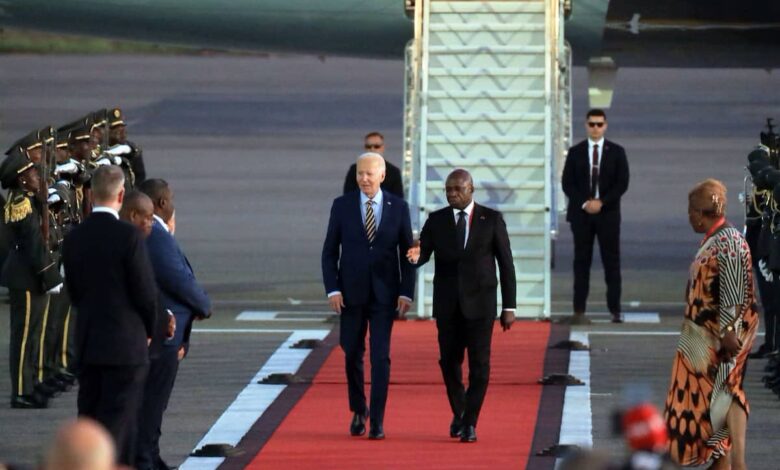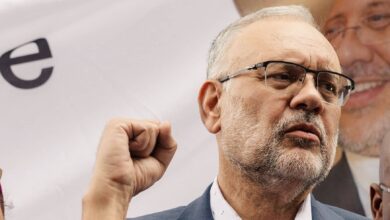
Biden’s Africa Visit: Fulfilling Responsibility or Seeking Influence?
As US President Joe Biden made his maiden trip to Africa in the final month of his presidency, it sparked a mix of reactions.
While the visit marked the first time an American president has set foot on the continent since Barack Obama in 2015, it also raised questions about the underlying motives behind this long-awaited journey.
Biden’s decision to grant a full pardon to his son, Hunter, for crimes committed between 2014 and 2024, including those related to gun ownership and tax evasion, had cast a shadow over his commitment to the rule of law.
Biden’s first stop was the West African island nation of Cabo Verde, followed by Angola, an oil-rich former Portuguese colony and an emerging partner of the US.
The significance of these visits cannot be overlooked. Biden became the first US president to set foot in Cabo Verde, one of the few stable democracies in the region, and Angola, an important player in Africa’s geopolitical landscape.
This strategic move highlights America’s growing preference for allies in a continent that is gradually asserting its prominence on the global stage.
The visit comes at a time when the African Union has been added to the G20 forum, and the continent is increasingly driven by the “Global South” narrative, which has seen a rise in anti-West and anti-neocolonialism sentiments.
During his visit, Biden reiterated his support for having two permanent seats for African countries in the United Nations Security Council, a part of his rhetoric of positioning Africa as the “center of US foreign policy.” However, the tangible results of these promises remain to be seen.
Moreover, Biden’s pledge of an additional $600 million for an ambitious multi-country rail project in Africa, aimed at connecting the ports of Angola to the mineral-rich areas of Congo and Zambia, raises questions about the underlying motives.
While the project promises to provide access to critical materials such as cobalt and copper, necessary for the emerging electric economy, it also raises concerns about the potential beneficiaries – the US and its allies.
Ultimately, the visit seems to be a mix of fulfilling a responsibility and seeking to maintain American influence in a continent that is rapidly evolving.
The rise of the Global South and the growing assertiveness of African nations have forced the US to acknowledge that it can no longer take the developing world for granted.



